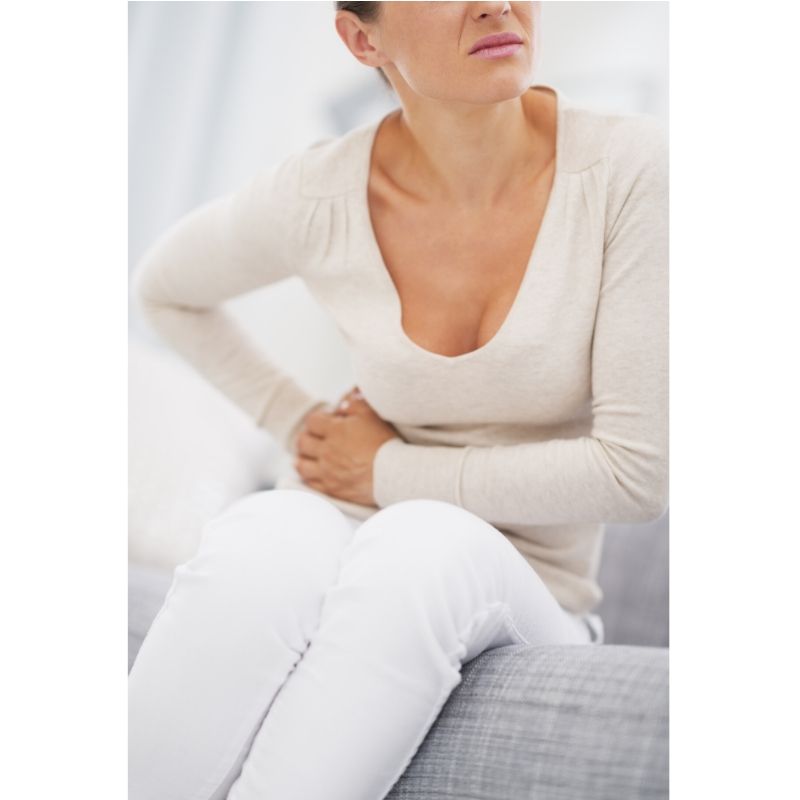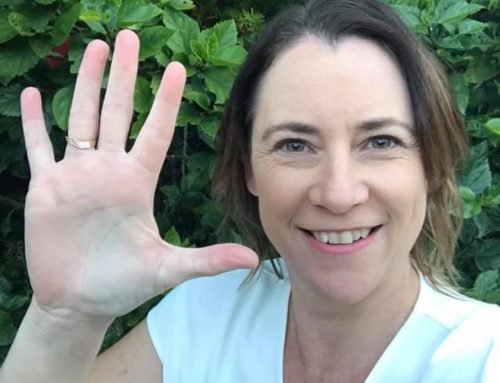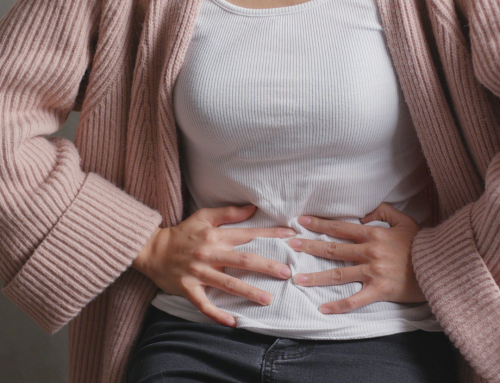Endometriosis is a complex disease. Do you have an Endometriosis Plan? Endometriosis is a common condition that affects about one in 10 women. It is a condition where tissue similar to the lining of endometrium, which normally lines the uterus, is found in abnormal sites around the body. Most often though, endometriosis it is found in the pelvis.
Symptoms can include: Period pain, Pain with sex, Pain with bowel movements, Ovulation Pain, Digestive Issues, Chronic constipation, Chronic diarrhoea, Bleeding from the bowel, Chronic abdominal pain, Severe bloating (endo belly), Chronic bloating, Ovary pain, IBS symptoms, Migraines and headaches, UTI like symptoms (with no infection present), Chronic pelvic pain, Pelvic and rectal pressure feeling, Musculoskeletal pain, Chronic nerve pain, Fluid retention, Iron deficiency, Mood swings, Anxiety, Depression, Mood disorders, Infertility.
Endometriosis is a chronic disease so having an Endometriosis Plan in place can help manage it long-term. Leaving the disease unmanaged can have an affect in many areas of a women’s life including physically, emotionally, socially, financially.
Therefore, the best type of management plan is one where a multi-disciplinary approach is implemented.
So what does this mean?
This means that a range of specialists and expert pracititoners who work in the field of Endometriosis, Women’s Health and chronic disease is best.
Excision Surgery
Naturopath or Chinese Medicine practitioner
Personal Trainer
Pelvic Physio
Psychologist, Counsellor or Kinesiologist
1. See an Advanced Trained Laparoscopic Excision Specialist
Advanced trained laparascopic excision specialists have done additional training and use the method of excision to remove the endometriosis. There are two ways to remove endometriosis. Ablation and Excision. Ablation has a higher chance of endometriosis reoccurring and often makes things worse. Most gynaecologists or obgynaecologists do this method. Excision in the gold standard treatment for removal of endometriosis. This method is done by advanced trained laparoscopic excision specialists. There are not many worldwide so it is important to do your research first and then ask for a referral to this particular type of specialist. Assuming that your GP will send you to this doctor is not recommended.
2. Work with Naturopath or Chinese Medicine Practitioner:
Endometriosis is a systemic inflammatory and gynaeceological disease. Working with a naturopath can help to do the following:
- Reduce the systemic inflammation
- Improve gut health. An unhealthy gut may increase systemic inflammation and alter the proper functioning of the immune system.
- Promote healthy oestrogen metabolism & clearance
- Address underlying drivers of endometriosis pathogenesis for ongoing symptom management
- Address symptoms
- Reduce toxic load on the body
These can be addressed through a combination of nutrition, herbal medicine and lifestyle changes.
To read more about Nutritional changes that might help with Endometriosis. Click here.
3. Work with Personal Trainer or Exercise Physiologist who understand Endometriosis and Chronic Disease:
Working with a Personal Trainer or Exercise Physiologist that understand Endometriosis is important. Endometriosis causes systemic inflammation and typical high intensity exercise or long duration steady state exercise can often flare up endometriosis or cause pain. Typically, women get frustrated with training to lose weight the traditional way with long cardio workouts or high intensity workouts and then end up in pain or a flare up for hours or days. Working with a Personal Trainer or Exercise Physiologist that understands Endometriosis and chronic inflammation can help you achieve your goals faster. There are specific procotols that work best for fat loss and endometriosis.
4. Work with a Pelvic Physiotherapist:
Women with Endometriosis often have tight pelvic floor muscles and pelvic floor dysfunction. Working with a Pelvic Physio can help to address this tightness through a combination of internal and external pelvic work. The Pelvic Physio can check and teach you the correct way to use your pelvic floor muscles. Other symptoms that they can help with is incontinence, painful sex and adhesions.
5. See a Psychologist, Counsellor or Kinesiologist:
Endometriosis affects a women’s life in so many ways physically, emotionally, socially and financially. Having a space to chat about your fears, concerns, worries with someone who is trained to provide support and teach you strategies can help immensely. Endometriosis can flare during stress so having a stress management and self care plan in place is vital in addressing the emotional aspect. You do not need to suffer alone, there is help.
For me personally, once I had all these things in place, my own Endometriosis was managed. Yes, Endometriosis is a chronic disease with no cure however you do not need to suffer. There is solutions and it can be well managed with the right things in place.
If you would like to find out more information about any of these aspects, then please email me. I’m happy to help and refer you onto someone who can help. If you are ready to work with a naturopath and personal trainer who personally understands the disease as an Endo sister herself and also qualified from the naturopathic and exercise perspective to help you with Endometriosis then reach out.
To book a Discovery Call with me and chat about how I can help you get started in your Endometriosis Plan. Click here.
If you are ready to get started then here is the link to book straight into a Initial Consultation for the Gut Restore Program. This is a 6-8 week Program that addresses the inflammation side of the Endometriosis. Click Here to Book.
If you are just at the start of your journey and would like more information about Gut Health then here is the link to download my Endo Gut Health book which explains a little of the link of Endometriosis & the Gut Health as well as some yummy recipes!
Dee







Leave A Comment